Pathology in general and parasites in particular cause major impacts in animal health and their sustainable production. The Animal Pathology Research team is dedicated to the study of Parasitology and Pathology of Aquatic Organisms, mainly marine fish, but also echinoderms (e.g. sea urchins), crustacean and molluscs (e.g.: oysters) as an early-warning tool in the evaluation of environmental quality.
The effort to characterize new parasitic organisms (micro and macroparasites) and their pathology are strongly linked with health evaluation status of wild or cultivated organisms from marine or freshwater origin, from Portugal or Brazil, in order to mitigate their negative effects.
We also use the health status of invertebrate and vertebrate as biological models to assess the environmental quality, vulnerability and risks.
The main objectives of our team are threefold: i) to study parasites biology and ecology in order to avoid food contamination; ii) to study new parasites in wild and cultivated animals, from marine or freshwater origin, from Portugal and Brazil, and; iii) to study animal pathology as an early-warning tool in the evaluation of environmental quality.
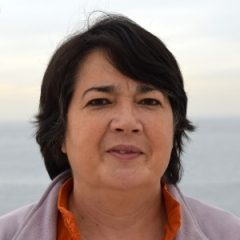
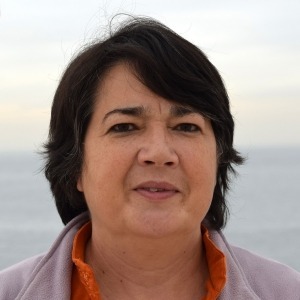
Maria João Santos is Professor Associate Aggregate at Faculty of Science of Porto University (FCUP) and Researcher in CIIMAR, where she leads the team of Animal Parasitology and Pathology. She got the degree, PhD and Aggregation in Biology at FCUP.
She teaches Invertebrates, Vertebrates and Parasitology. She is the director of the course in Scientific Illustration from UP.
She works in the field of parasitology of aquatic organisms, ecology, pathology and diseases, mainly with Metazoan parasites ( Myxozoa, Platyhelminthes, Nematoda and Crustacea), and in particular with zoonotic parasites. She belongs now to the EU “Working Group of Parasites in Fishery products”, promoted by EFSA.
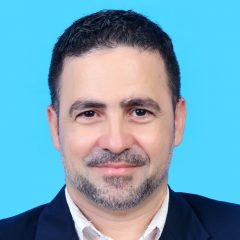
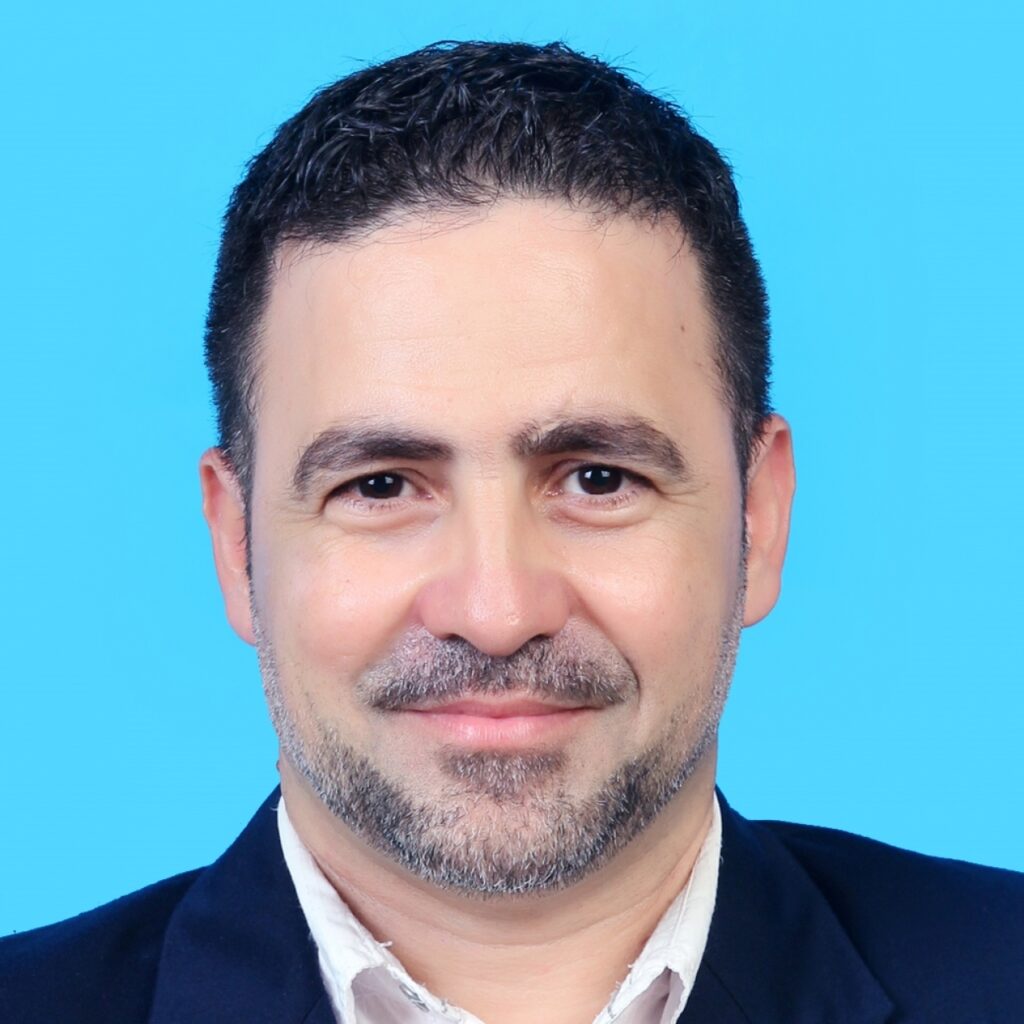
Dr Camilo Ayra-Pardo is Fellow of the Royal Entomological Society since 2018. From 2017 – 2020, Camilo worked as an overseas expert on insect pathology at the Nanyang Normal University (China). Previously, Camilo managed a research group on insect pest control at the public biotechnology company CIGB (Cuba). He has been a visiting scholar at Cambridge University, Imperial College London, and Lausanne University. Camilo has published > 40 peer-reviewed articles, a book chapter, two international patents, and > 100 technical reports (CIGB know-how). He has supervised 2 PhD, 4 MSc and 16 BSc students. Camilo speaks Spanish and English fluently.

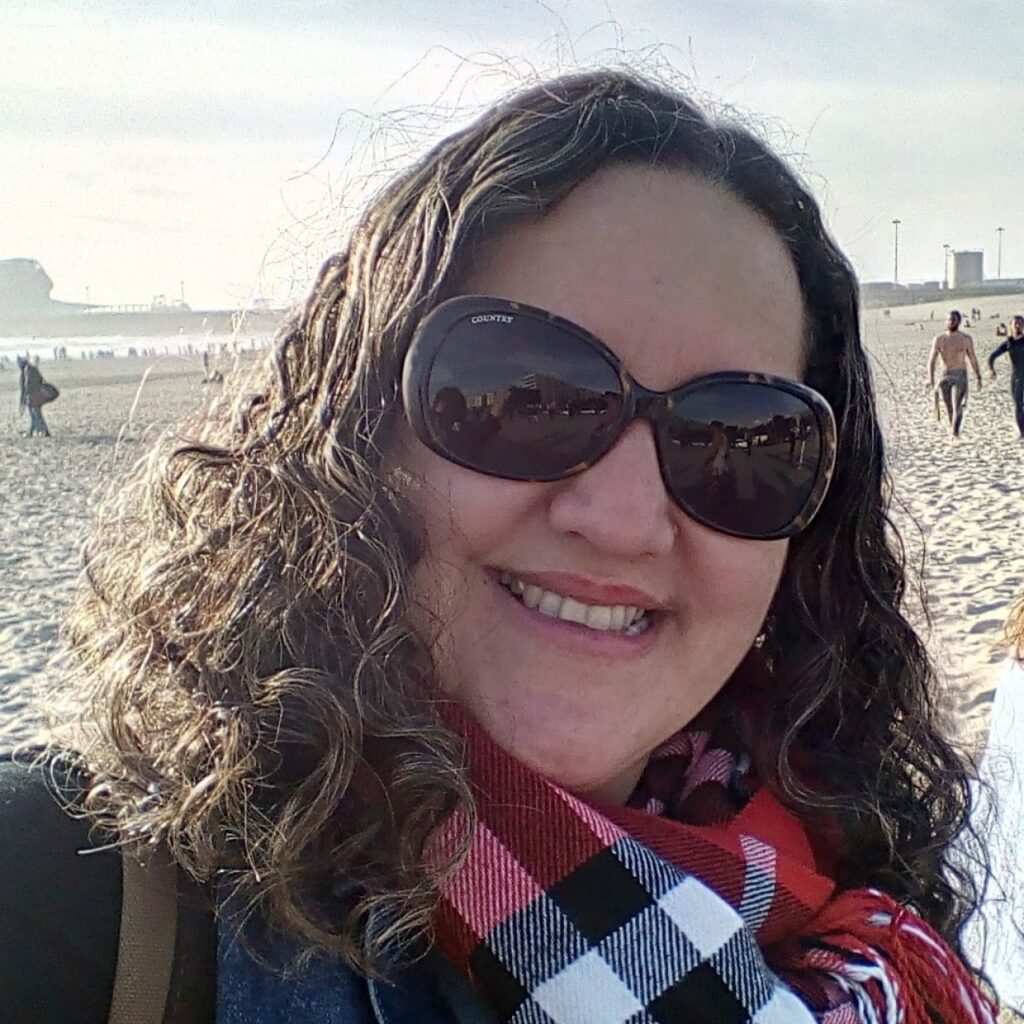
Andreia Juliana Rodrigues Caldeira is Professor and Researcher at the State University of Goiás – Brazil, since 1999. She is an external collaborator at CIIMAR / FCUP – Portugal, since 2019. She graduated in Biological Sciences (Brazil – 1996). Master in Molecular Biology (Brazil – 1999) and PhD in Genetics and Breeding (Brazil – 2009). He has a Postdoctoral Degree in Scientific Dissemination (FCUP – Portugal – 2020). It operates in the areas of genetics, public health and the environment, fish parasites, scientific dissemination and education.
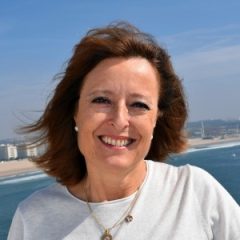
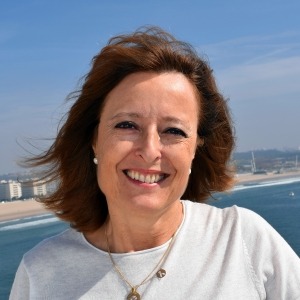
Aurélia Saraiva is professor in the Biology Department at the Faculty of Sciences of the University of Porto and researcher in CIIMAR. She began her scientific activity in the study of fish pathology, especially diseases of bacterial etiology of obligatory declaration. She participated in investigations that led to the notification of the occurrence in Portugal, for the first time, of a notifiable diseases (Furunculosis) and of the Ulcerative Dermal Necrosis (UDN). She described a new species for science (Myxobolus portucalensis Saraiva & Molnar, 1990). At the moment she works mainly in fish parasitology and fish histopathology/ fish health status and welfare. She has published over 60 refereed publications.
Link para CV Ciência Vitae


Dr Camilo Ayra-Pardo is Fellow of the Royal Entomological Society since 2018. From 2017 – 2020, Camilo worked as an overseas expert on insect pathology at the Nanyang Normal University (China). Previously, Camilo managed a research group on insect pest control at the public biotechnology company CIGB (Cuba). He has been a visiting scholar at Cambridge University, Imperial College London, and Lausanne University. Camilo has published > 40 peer-reviewed articles, a book chapter, two international patents, and > 100 technical reports (CIGB know-how). He has supervised 2 PhD, 4 MSc and 16 BSc students. Camilo speaks Spanish and English fluently.
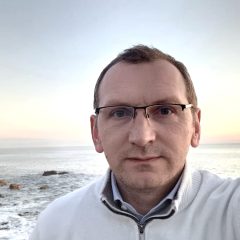
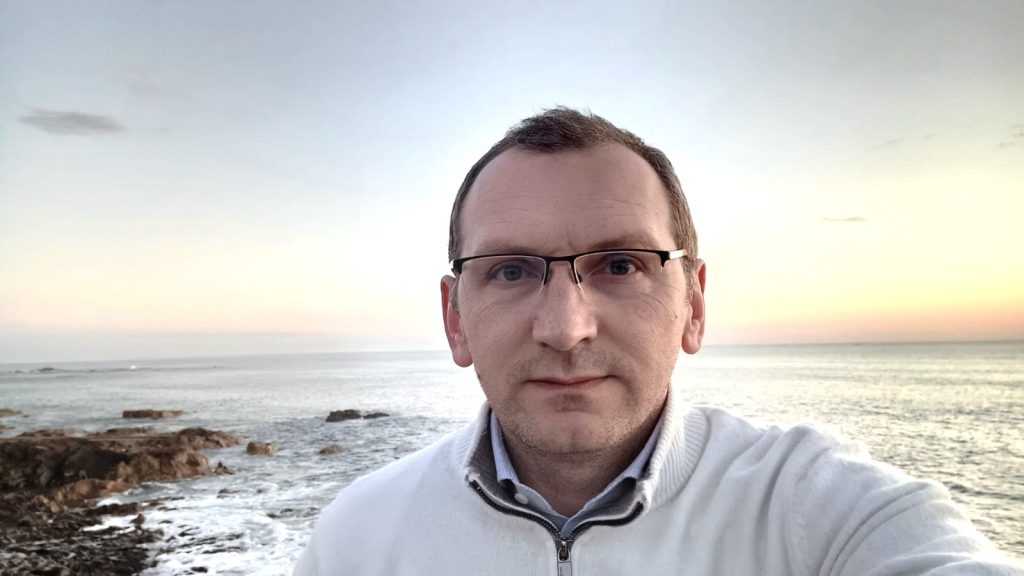
Caner Sirin completed his Ph.D. in Aquaculture and Fish Diseases at the Faculty of Fisheries, Ege University, in 2022. Since 2024, he has been serving as an Assistant Professor at the Faculty of Marine Sciences, Ordu University. His research primarily focuses on myxozoan parasites in farmed marine fish and parasitic fish diseases. With a postdoctoral research fellowship awarded by the Scientific and Technological Research Council of Türkiye (TÜBİTAK), he is conducting research at the Animal Parasitology and Pathology Laboratory at CIIMAR.
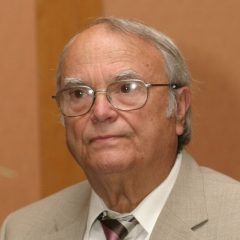
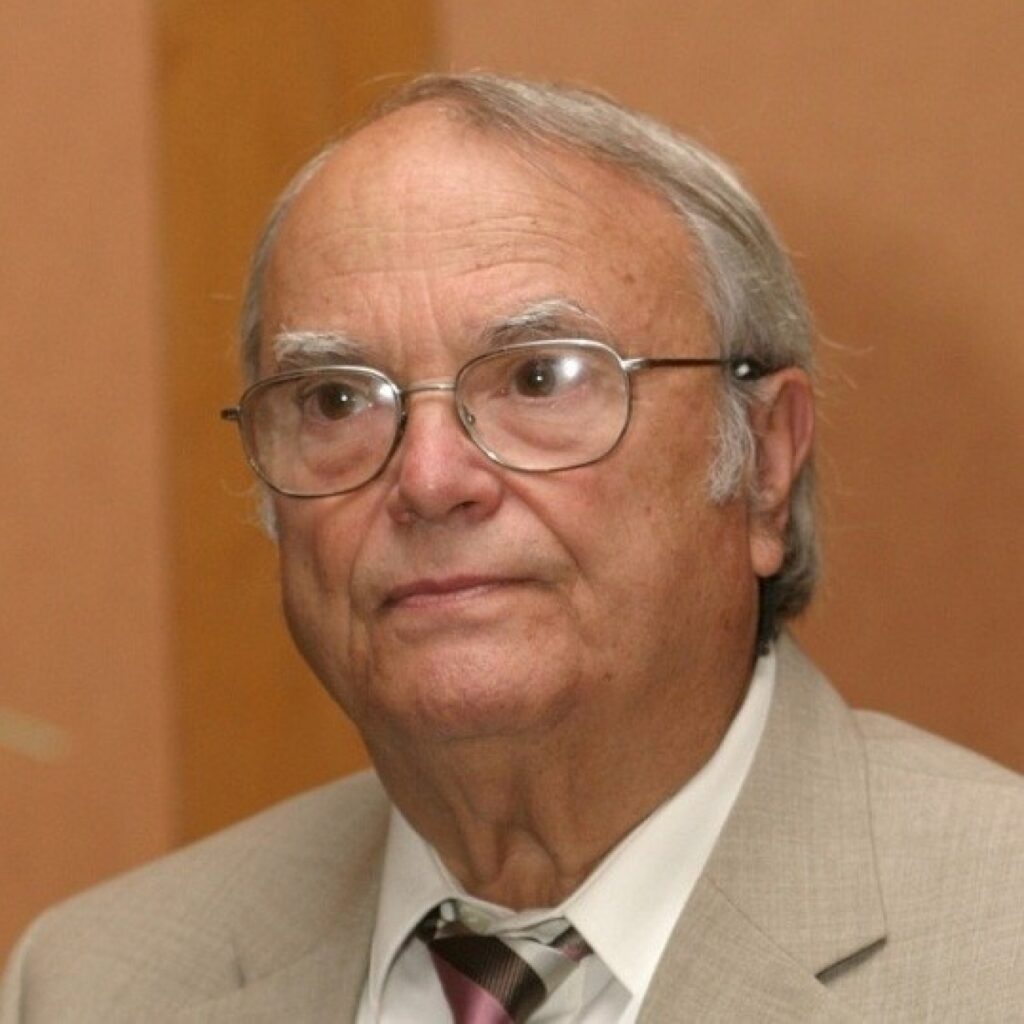
Carlos Azevedo, Full Professor of Cellular Biology (Retired from ICBAS/UP since September 2004), Researcher at CIIMAR/UP in the field of microparasitology of aquatic fauna, having published more than 100 articles, of which they report the description of about 80 new species of microparasites. He coordinated the editing of Cellular and Molecular Biology books.
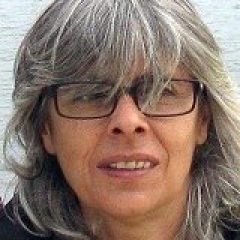
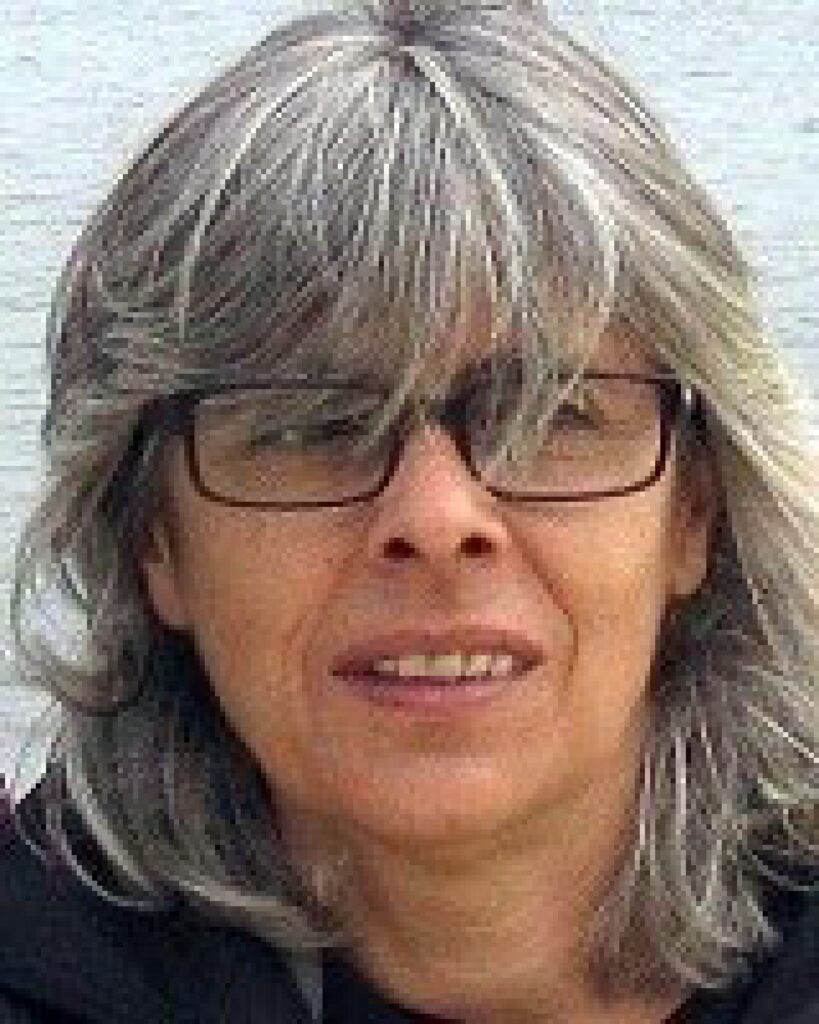
Cristina Cruz is assistant professor and vice director of Master`s degree of Biological Aquatic Resources at Department of Biology of the Faculty of Sciences of the University of Porto. She graduated in Biology in 1985 and obtained PhD degree in 1995 by Faculty of Sciences of University of Porto. Her main research interests focus in fish parasitology, with special relevance in species with economic and public health impact. She is author of 48 publications in international journals
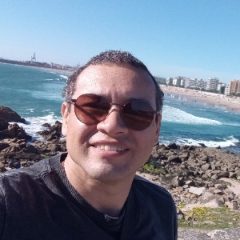
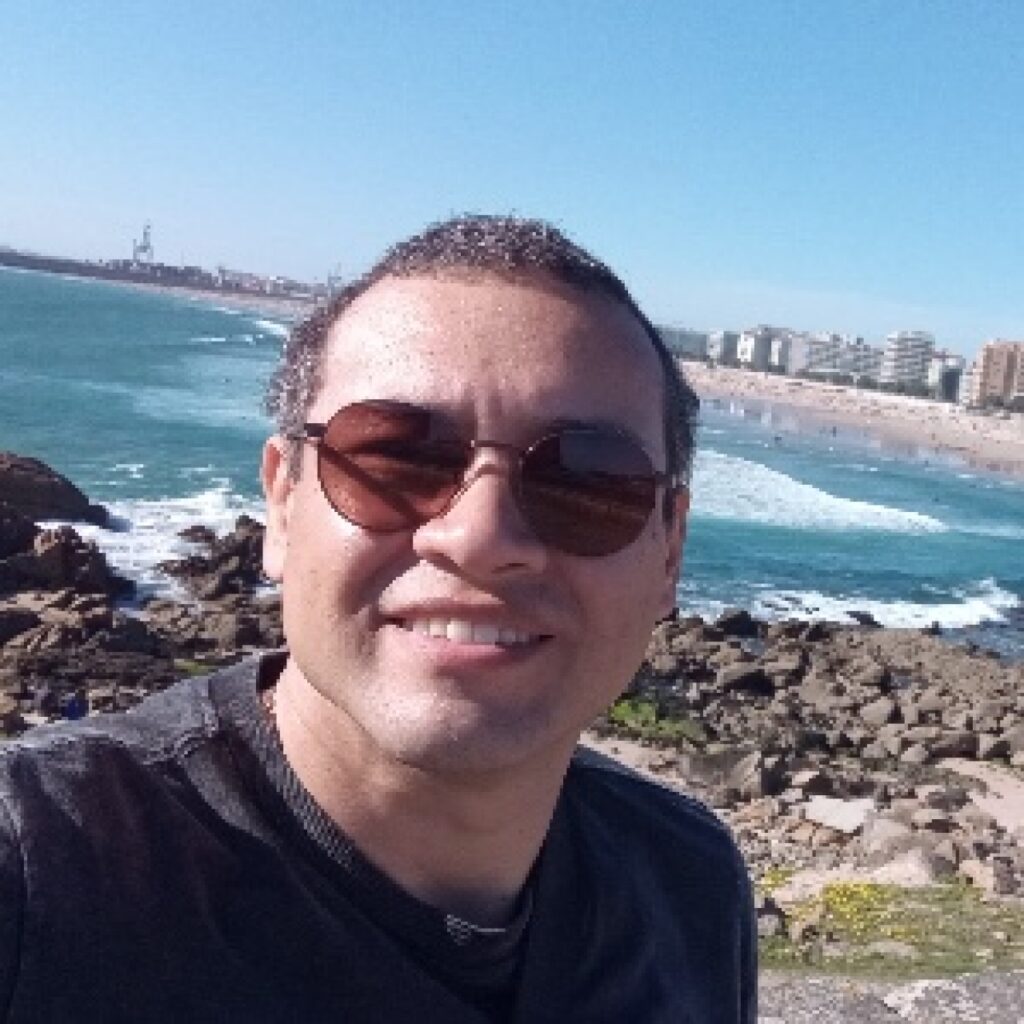
Master in Aquatic Biology with concentration area in fish parasitology (taxonomy and ecology). PhD student in Biology at the biology department of the Faculty of Sciences of the University of Porto. Research fellow by CIIMAR. Develops research in marine fish parasitology within the scope of the project “Pact of Blue Bioeconomy”.
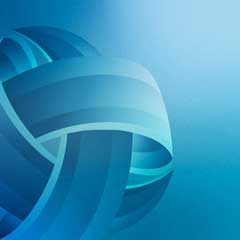
Graça Casal is Assistant Professor of the Institute University of Health Sciences, CESPU. She received her degree in Aquatic Sciences in 1992 and her PhD in 2009 in Biomedical Sciences from ICBAS, University of Porto. Her research interests focus of parasitology of aquatic organisms more specifically in the ultrastructure and phylogenetic characterization of parasites of the groups Myxozoa, Microsporidia, Apicomplexa and Haplosporidia in fish, crustaceans e molluscs. Her biography includes over 74 original peer review research articles.
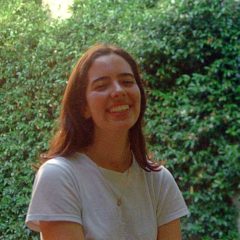
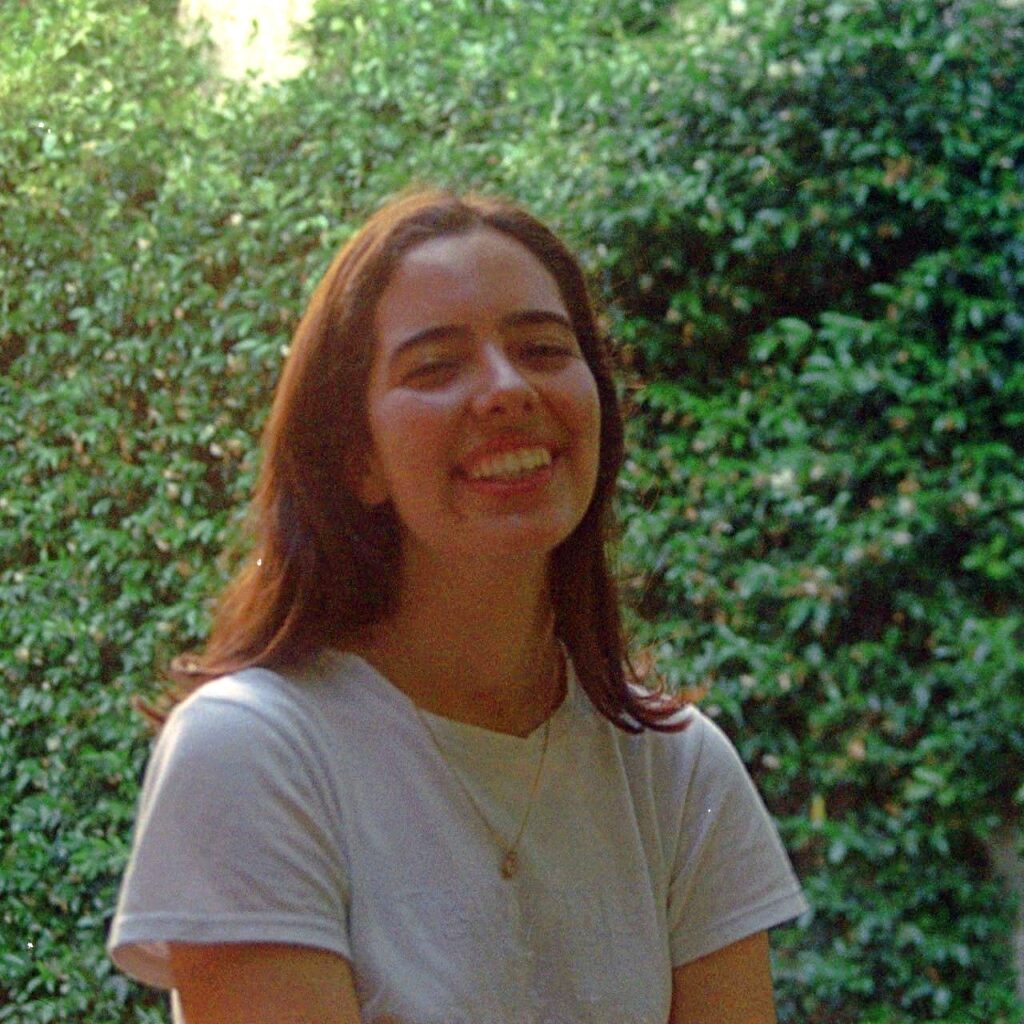
Biochemistry graduate and with a MSc in Applied Biology, and a post-graduation in Scientific-Illustration. My main interest is entomology and associated microbiology or parasites. Have developed work with focus on how fungus-growing termites select for their symbiont fungi in their colonies at the University of Copenhagen. My master’s thesis focused on documenting mite communities of Rhynchophorus ferrugineus (RPW) and unravelling their role as a pest-control mechanism. I am currently a research grant holder developing work isolating endophytic bacteria from the RPW-host palm tree to develop novel biocontrol methods based on plasmid insertion targeting RPW genes. In parallel to research, i am working as a freelance scientific illustrator doing both scientific and naturalist illustrations.
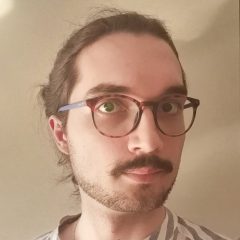
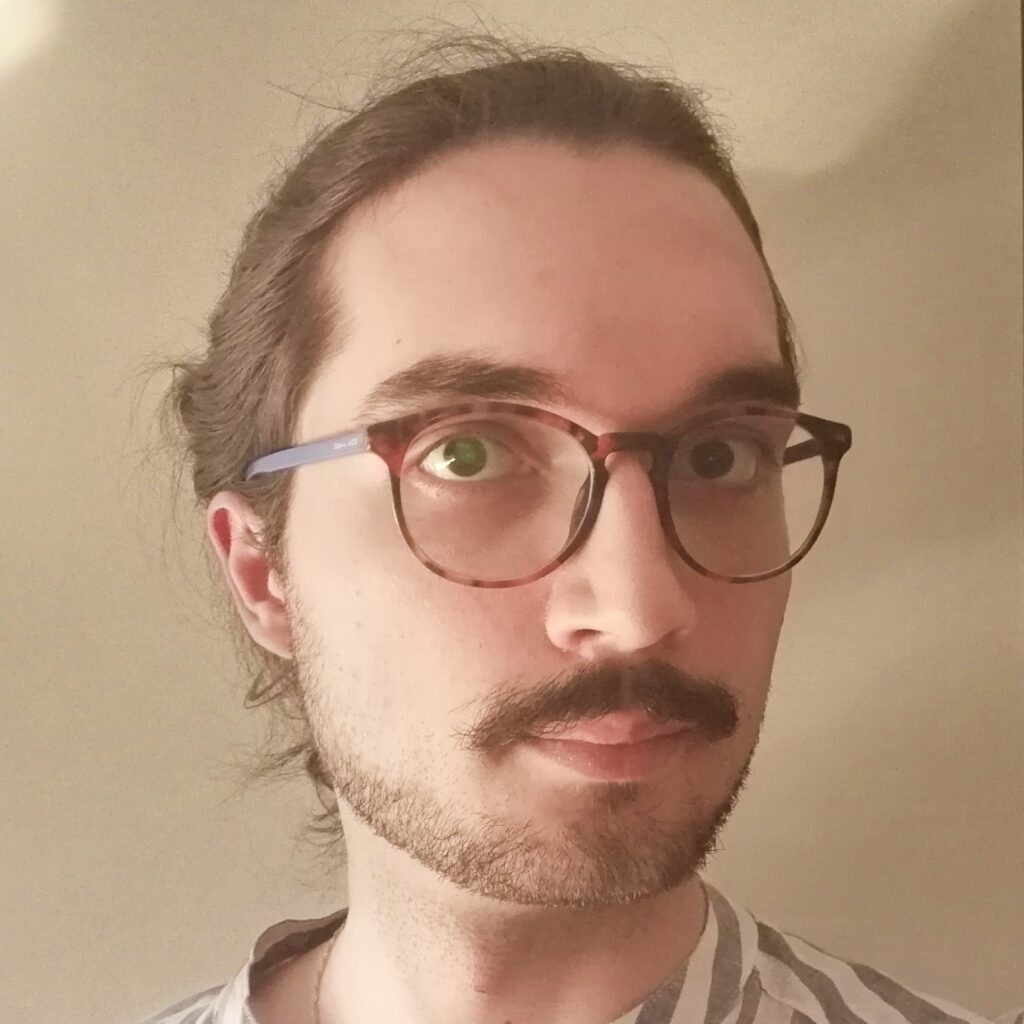
João Oliveira is a Cellular and Molecular Biology master’s student at FCUP, holding a Biology bachelor’s degree, and researching at CIIMAR since 2021 in the Animal Parasitology and Pathology group. He is passionate about unveiling cellular life complexities and advancing his scientific understanding.
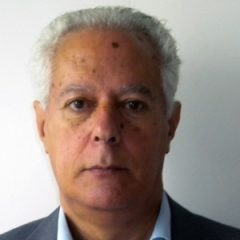
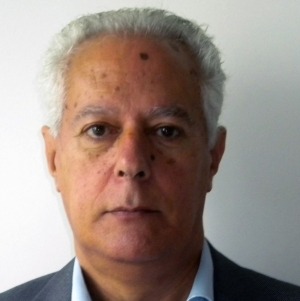
Full Professor (retired) from the Department of Biology from Faculty of Science of Porto. Research about fish parasitology and ictiozoonosis. Description of 13 new species, 107 communications in meetings; review of manuscripts for 40 international journals, member of the Editorial Board of 17 journals in several countries. Review of project proposals in Portugal, Brasil, Holand, Spain and European Commision. Authored six books (Portugal, Brasil, Spain) and 156 research publications mostly in indexed international journals. 3,972 citations (Research Gate, h-index 32), or 6,030 (Google Scholar, h-index 35); included, in 2021, in the “World Top 2% Scientistis List”, University of Stanford, containing the 2% of scientists more influential in the world.
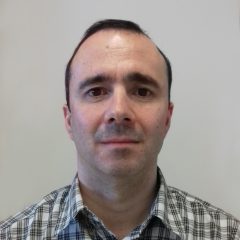
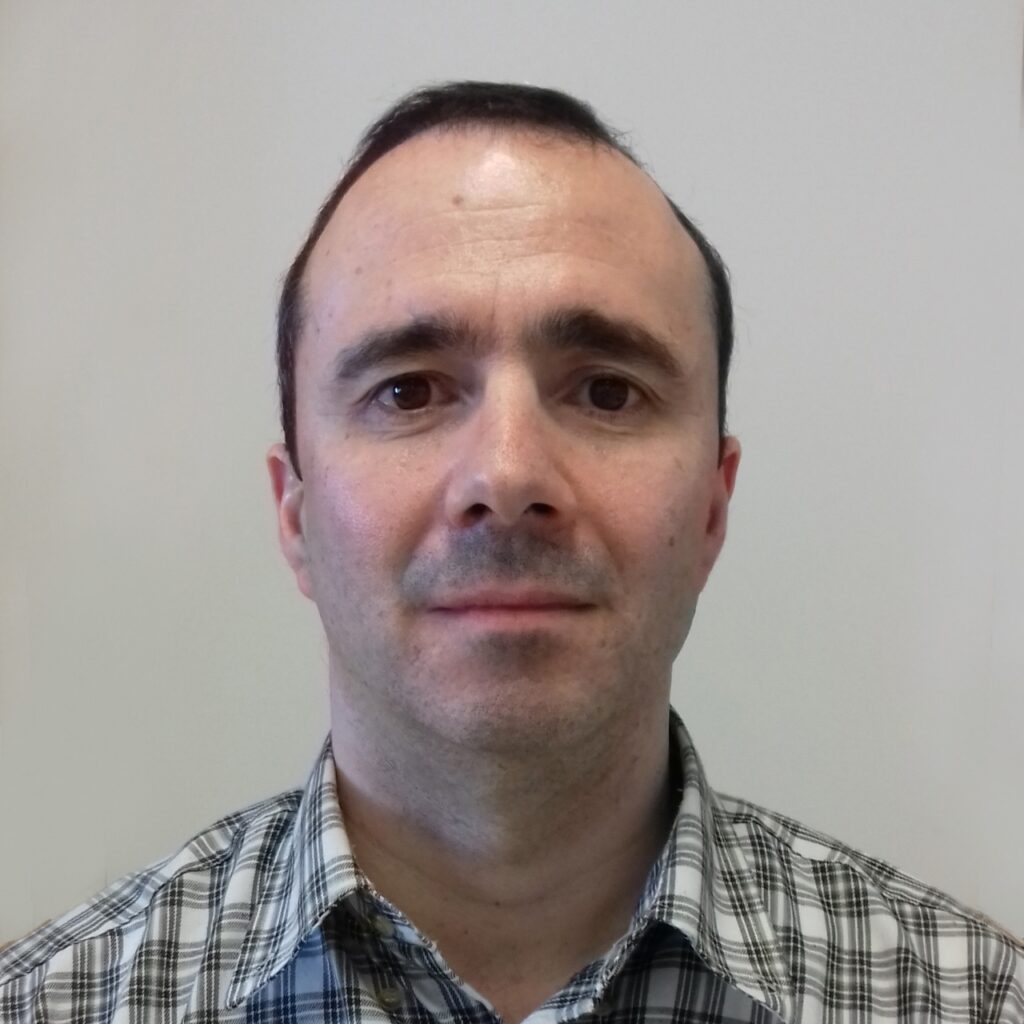
Luis Rangel is a researcher at CIIMAR, working in the group of Animal Parasitology and Pathology. Obtained the PhD in Biology in 2016 at the Faculty of Science of the University of Porto. He works in the field of parasitology of aquatic organisms, mainly with Myxozoa and Apicomplexa. He has more than 40 publications in international peer-reviewed journals, which include the description of 20 new species of parasites and the unveiling of the life cycle of seven species of parasites that infect the European seabass, the gilthead seabream and mugilids.
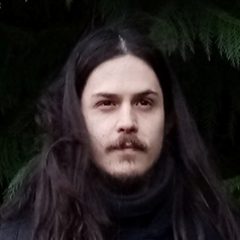
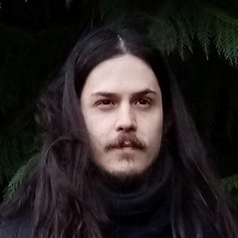
Manuel Santos was born in 1990 in Oporto, where he lives, studies and works.
He develops artistic work in the field of scientific illustration, of figurative drawing and of figurative painting.
He concluded the bachelor degree in Drawing, in the Faculty of Fine-Arts of the University of Lisbon, concluded the Masters in Teaching of Visual Arts in the 3º. Cycle of Basic Education and in Secondary Education in the Faculty of Psychology and of Educational Sciences of the University of Porto, and attends the course of Doctorship in Plastic Arts in the Faculty of Fine-Arts of Oporto.
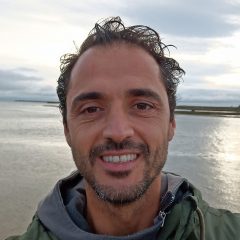
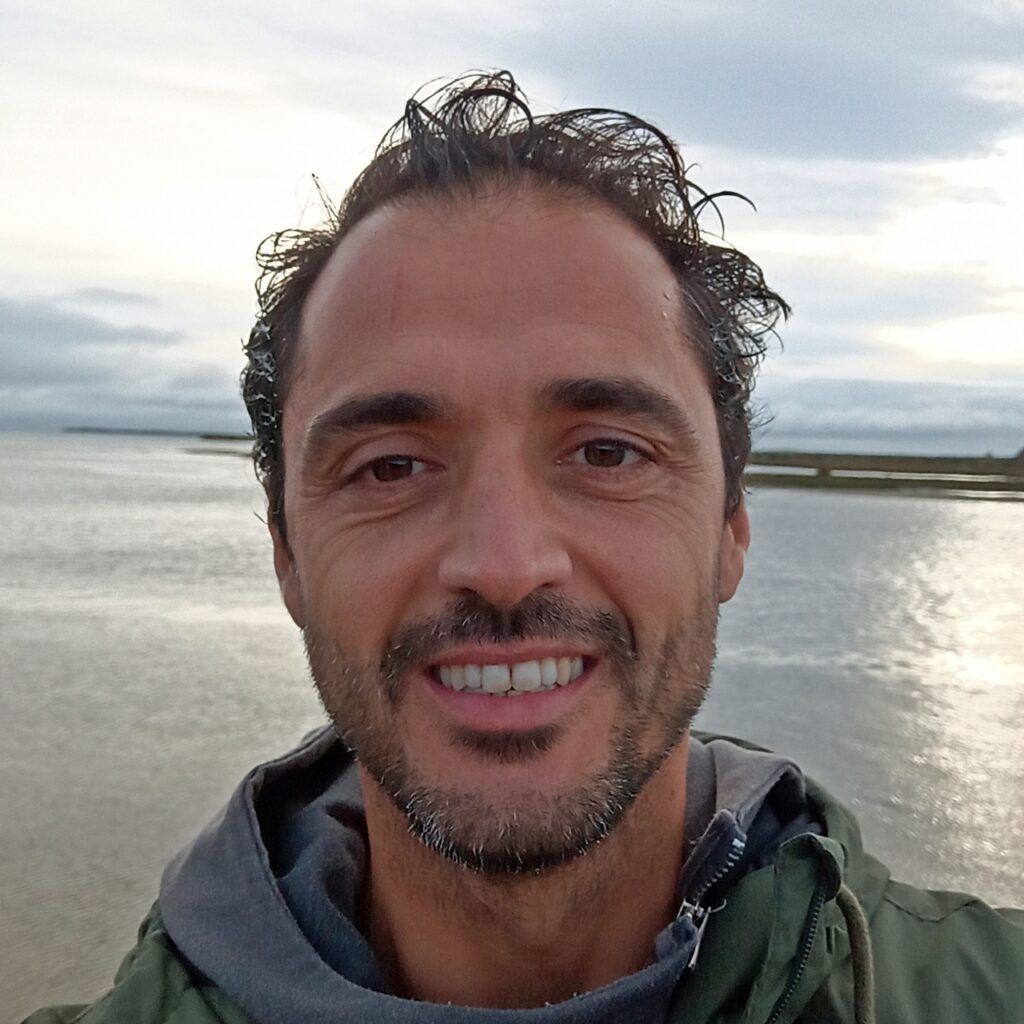
Ricardo Severino is currently the chief technology officer (CTO) at Vale da Lama Fish Farm. He graduated in Marine Biology, and specialized in Applied Ecology (Master). The guidelines of his research explore the control of aquaculture production systems with particular concern for animal welfare. He has taught three courses on pathology: Fish Pathological Diagnosis in Barcelona; Fish Pathological Diagnosis in Portugal; CEFAS Histopathology in the United Kingdom.

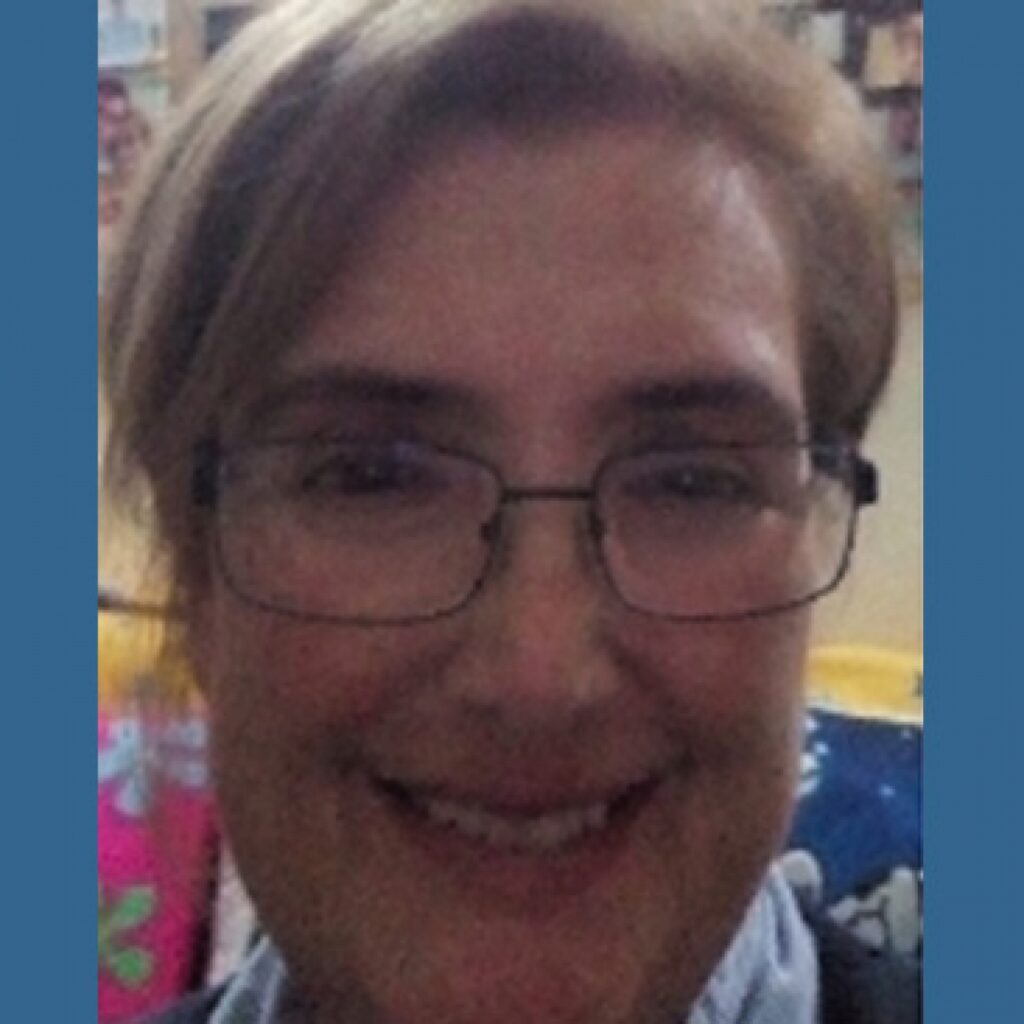
Sandra Martins is a Post-Doc Researcher at Division of Aquaculture, Upgrading, and Bioprospection (DivAV) of Portuguese Institute for Sea and Atmosphere, I.P. (IPMA). She holds a degree in Agronomic Engineering, a Master’s in Genetic Resources and Improvement of Agricultural and Forestry Species, and a Ph.D. in Comparative Molecular Genetics and Technology. She works in the project Sea-traces. Her main scientific research area is molecular biology and more recently, related to the project Sea-traces seafood quality, mislabeling, traceability and frauds. Published seven articles in specialized magazines. She participated in twenty-four national and four international congresses and she has nine published research papers, in SCI-indexed journals. In her professional activities, she interacted with 26 collaborator (s) in coauthor of scientific works. In parallel, M. Matos and Martins S. improved the technique of DNA extraction from fungal spores and identification of Talaromyces manerffei by Nested-PCR and through band sequencing. She was co-supervisor of five curricular traineeships in molecular markers, namely SCoTs, ISSRs and in the identification of polymorphisms of the XRCC1 in humans, and three curricular traineeships in the identification of polymorphisms of the APE1 in humans and identification of Talaromyces manerffei in animals. She has been an invited reviewer for seven journals and is a member of the editorial board of a journal.
Bouderbala, K., Rangel, L.F., Santos, M. J., Bahri, S.
2020 Parasitol. Res. 119: 1515-1520.Rocha S., Rangel L.F., Casal G., Azevedo C., Rodrigues P., Santos M.J.
2020 Parasitology 147(12): 1320-1329.Xavier, R., Cardoso, J., Barroso, R., Nogueira, S., Cruz, C., Pereira, A., Saraiva, A.
2020Parasitol. Res. 119: 2139 - 2147.Hermida, M., Cavaleiro, B., Gouveia, L., Saraiva, A.
2019 Fish. Res. 216: 167-173.Eiras, J.C., Pavanelli, G.C., Takemoto, R.M. & Nawa, Y.
2018Korean. J. Parasitol., 56(3): 215-227.Website by: Glitz Design